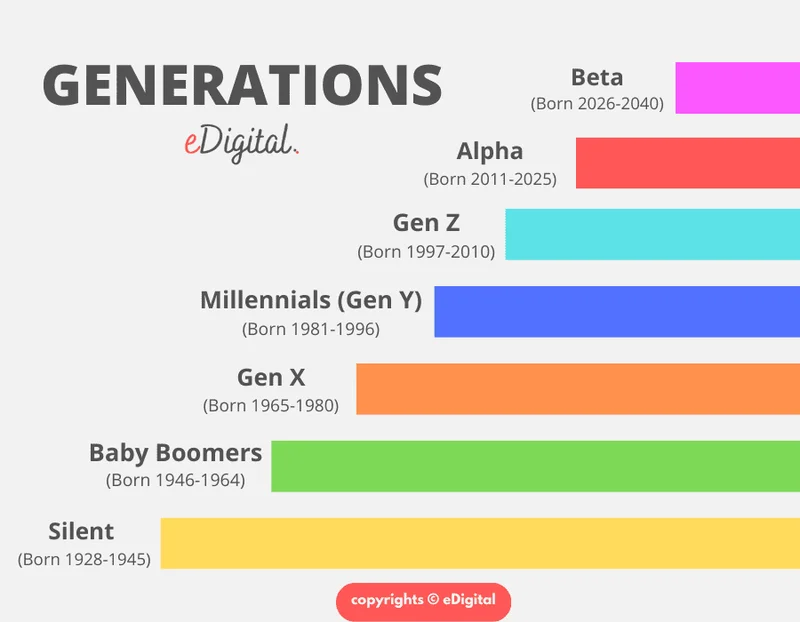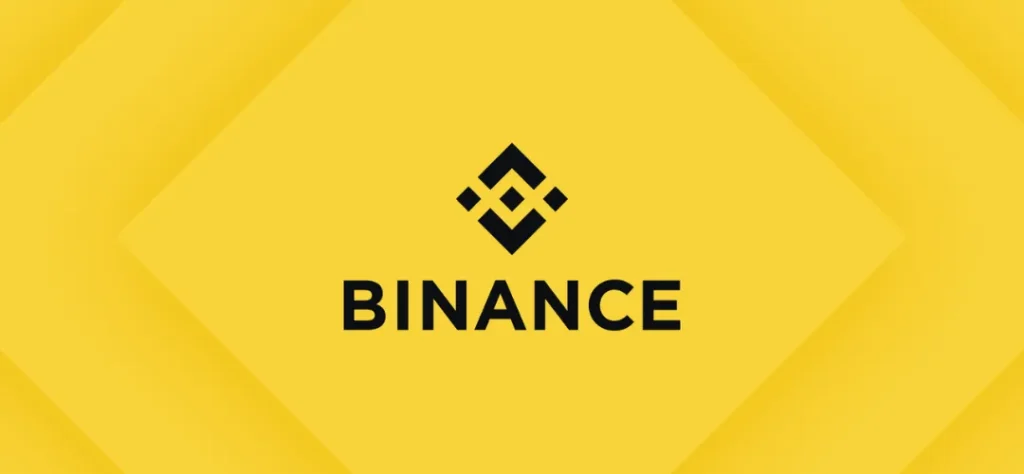Article Directory
So, which is it? Is Gen Z the great revolutionary force we’ve been waiting for, or are they the most fragile generation in history? Because I swear, every other day I see a headline that makes my head spin. One minute, they’re these tech-savvy wunderkinds using TikTok and anime memes to topple corrupt governments across the globe. The next, they’re the subject of another grim study about skyrocketing suicide rates and crippling anxiety.
They’re fighting in the streets of Nairobi and Antananarivo, demanding a future. And they’re dying in their bedrooms in Ohio and New Mexico, seemingly convinced they don’t have one.
What the hell is going on? Are these two separate stories, or are they two sides of the same horribly bent coin?
The Revolution Will Be Livestreamed
Let's start with the revolution part, because it’s the one that gets the media excited. It’s not your grandpa’s protest movement. There are no charismatic leaders giving speeches from a podium. There’s no central committee printing pamphlets in a basement. Instead, it’s a decentralized, leaderless swarm, organized on Discord servers and fueled by a shared, global sense of disgust.
In Madagascar, kids are in the streets because they haven’t had running water for six years but are still getting a bill for it. In Morocco, they’re furious that the government is dropping billions on World Cup stadiums while their schools and hospitals crumble. In Kenya, they literally set their own parliament on fire over a finance bill. These aren’t small-time grievances. This is a generation looking at the people in charge—the ones who were supposed to be the adults in the room—and calling bullshit on the entire system. From Madagascar to Morocco: Gen Z protests shake Africa.
Their symbol? A cartoon skull wearing a straw hat from the Japanese anime One Piece. I’m not kidding. A pirate cartoon character has become the global icon for youth rebellion. It’s a perfect, almost poetic metaphor for this whole mess. It’s like they’re running a global DDoS attack on the status quo. Millions of individual nodes, all firing at once, loosely coordinated through memes and encrypted chats, crashing the servers of the old world order. They saw what happened in Nepal, saw the "nepo kids" flaunting their wealth, and thought, "Hey, that looks familiar."
It’s easy to be cynical about this. I am. But you have to admit, there’s something raw and potent here. An analyst in the source material says this generation doesn't "fall for government propaganda" because they have access to information. That’s an understatement. They’ve grown up swimming in a sea of information and disinformation. They can spot a lie, a carefully crafted PR statement, or a politician’s empty promise from a mile away. They’ve seen the receipts.
But does this digital-native outrage have staying power? Can you build a new, functioning society from a Discord channel and a shared sense of righteous anger? Or does it just burn white-hot and then fizzle out, leaving nothing but scorched earth and a few viral videos?

The Price of the Doomscroll
And this is where the story takes its dark turn. For every image of a defiant protestor holding a flower to a riot shield, there’s a quiet, devastating statistic that follows them home. The same generation that’s fighting for its life on the streets is losing its life in private.
The numbers are just brutal. For adults in the Gen Z years range (roughly born between 1997 and 2012), suicide is claiming more lives than it did for millennials at the same age. The increase is sharpest among young Black and Hispanic men. This is a tragedy. No, 'tragedy' feels too passive—it's a systemic failure. We’re talking about a wave of untreated depression and economic despair so profound that it’s become the number one cause of death for young Asian Americans and the second-highest for young Hispanics. Suicide claims more Gen Z lives than previous generation • Stateline.
The experts, offcourse, have their theories. Too much social media. The psychic damage of growing up online. The economic anxiety of knowing you’re probably not going to have it better than your parents. It’s all of it. The very same tools they use to organize a protest in Morocco—TikTok, Facebook, Discord—are the ones that feed them an endless, algorithm-driven diet of social comparison, bullying, and existential dread. What a sick joke.
You have kids like Julian “Wolf” Rivera, a 27-year-old in New York, crushed by the pressure to support his family, stuck in a dead-end job, and feeling the sting of discrimination. He reached out for help, and no one called him back. The system designed to catch him wasn't there. It had been dismantled for "efficiency."
They're fighting for a world their leaders broke, and at the same time... they’re being broken by it. They’re told to pull themselves up by their bootstraps on a planet that’s on fire, in an economy that sees them as disposable gig workers. They’re overprotected in the real world by helicopter parents and then thrown into the digital wild west with zero protection. Is it any wonder they’re anxious? Is it any wonder they're angry?
So, Are They Saving the World or Just Trying to Survive It?
Here’s my take. This isn’t a contradiction. It’s a symptom. The protests and the suicides are two different responses to the exact same stimulus: the profound, soul-crushing realization that the system is not just broken, but rigged against them.
Some of them channel that realization outward, into the streets. They take that anger and despair and they hurl it at the walls of parliament, demanding to be seen, to be heard. Others channel it inward. The pressure becomes too much, the hope too distant, and the darkness wins.
They aren't two different generations. They are the same kid, living the same reality, just on a different day. The protestor in Madagascar demanding clean water and the young man in North Carolina feeling the weight of the world are brothers in the same struggle. They are fighting for a future they’ve been told they can have, but which they have every reason to believe is a lie. The real question isn't whether they're revolutionaries or victims. It's how long a generation can be both before it breaks completely.



